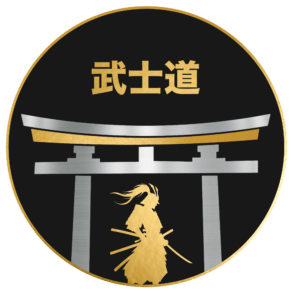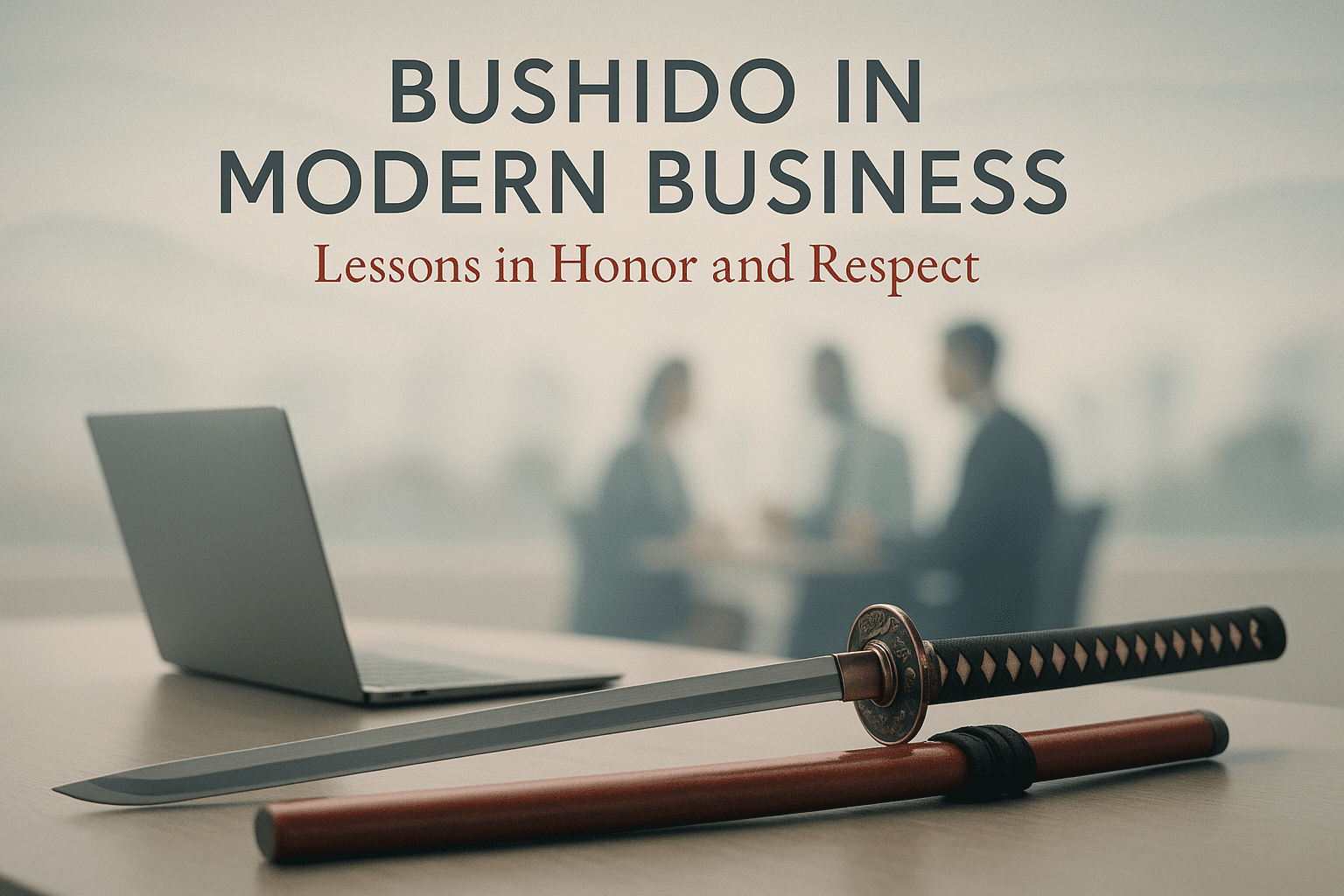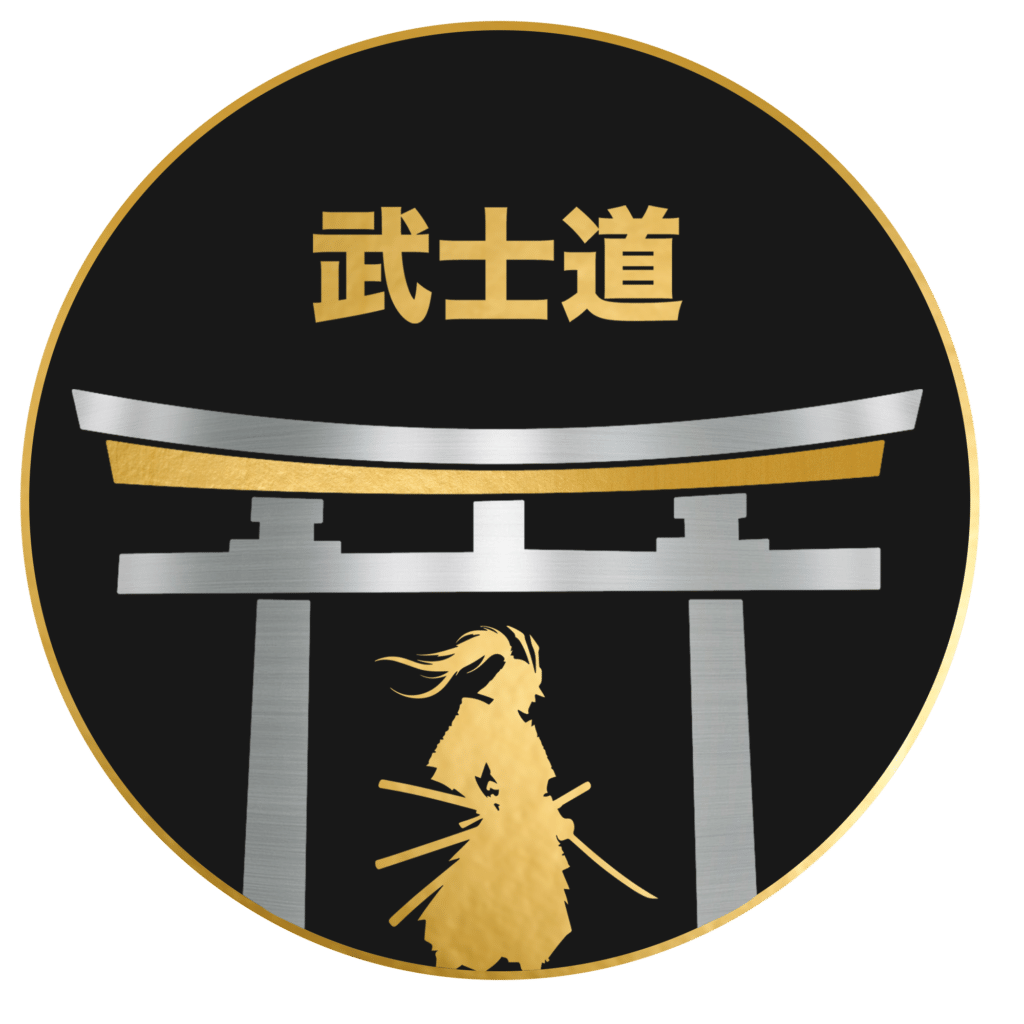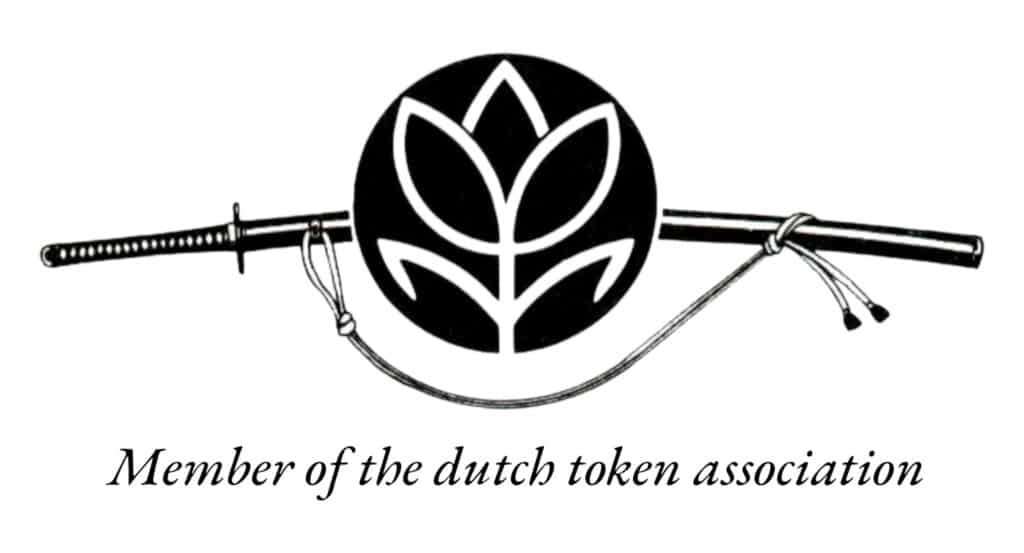Introduction: The Way of the Warrior Today
In an era driven by rapid innovation, fierce competition, and global interconnectivity, the principles that guide ethical leadership and meaningful relationships are more vital than ever. At the heart of these principles lies a centuries-old code rooted in discipline, integrity, and purpose: Bushido, the way of the warrior.
Originally forged in the crucible of feudal Japan, Bushido served as the moral compass for the samurai—elite warriors whose code emphasized virtues such as honor, respect, loyalty, courage, and self-discipline. Though the age of the samurai has long passed, the wisdom of their code continues to resonate, offering profound insights for today’s business leaders, entrepreneurs, and professionals.
In the modern corporate arena, where character often defines success more than qualifications alone, embracing the ethos of Bushido can establish a foundation for trust, principled leadership, and sustainable relationships. This article explores how the timeless values of the warrior spirit can guide decision-making, inspire teams, and shape ethical cultures within today’s business landscape.
Rectitude: Doing What Is Right
Leading with rectitude means anchoring every decision in integrity, regardless of convenience or pressure. In the Bushido code, rectitude is the moral compass that separates right from wrong—not by circumstance, but by principle. In modern business, leaders who embody this virtue choose transparency over expedience and fairness over favoritism.
Rectitude isn’t just about following the rules; it’s about doing what’s right even when no one is watching. This builds trust—internally among teams and externally with clients and partners. Companies led by principled decision-makers foster cultures where ethical behavior isn’t optional, but expected. These leaders stand firm during crises, take responsibility for missteps, and prioritize long-term reputation over short-term gains.
Ultimately, rectitude forms the backbone of sustainable leadership. It creates clarity in murky situations, unifies teams under a shared standard of conduct, and speaks louder than any mission statement. In a business world hungry for trust and authenticity, rectitude is not a constraint—it’s a competitive advantage.
Courage: Acting with Purpose
In the Bushido code, courage is never reckless—it is purposeful and principled. In modern business, this translates to the kind of bold decision-making that drives growth, disrupts complacency, and sparks innovation. True courage in leadership isn’t about leaping without looking; it’s about understanding the risks, weighing the consequences, and moving forward with conviction when the mission calls for it.
Purposeful courage breeds resilience. It empowers teams to challenge outdated systems, push boundaries, and voice bold ideas, even when the outcome is uncertain. From championing a new company culture initiative to entering untapped markets, courageous leaders inspire confidence by showing that fear is acknowledged—but not allowed to dictate choices.
In environments where fear of failure stifles creativity, courage becomes a competitive advantage. It cultivates a culture where innovation isn’t just permitted—it’s expected. By embodying Bushido’s spirit of intentional bravery, businesses can foster transformational change while staying grounded in values and vision.
Benevolence: Leading with Compassion
In the code of Bushido, benevolence is more than mere kindness—it is the leader’s mandate to uplift and protect. In the modern workplace, this principle translates into compassionate leadership that fosters genuine connections and creates safe, empowering environments for teams to thrive.
Leaders who embody benevolence listen actively, respond with empathy, and prioritize the well-being of their people. This doesn’t mean avoiding hard decisions—it means making them with humanity. Compassionate leadership builds trust, a cornerstone of both team cohesion and organizational resilience. When people feel seen and valued, engagement soars, productivity strengthens, and loyalty deepens.
Moreover, benevolence cultivates psychological safety, encouraging openness, creativity, and risk-taking without fear. It invites honest dialogue and nurtures a shared sense of purpose. By putting people first, leaders plant the seeds for sustainable growth—proving that kindness, far from being a soft skill, is a strategic asset.
Just as the samurai served with honor and care, today’s leaders who lead with compassion impact not only the bottom line but also the lives of those they serve.
Respect: Mutual Regard Builds Strong Cultures
At the heart of Bushido lies a deep commitment to respect—an unwavering regard not only for allies, but for adversaries too. In modern business, this principle transcends formality and becomes a cornerstone of successful, sustainable culture.
Respect begins internally. When team members honor each other’s time, ideas, and efforts, collaboration flourishes. It cultivates psychological safety, where people feel empowered to voice opinions and take initiative without fear of judgment. This mutual regard boosts morale, fuels innovation, and reduces conflict—key ingredients for high-performing teams.
Externally, showing genuine respect to clients builds trust and loyalty. Listening actively, responding transparently, and keeping commitments signal not just professionalism, but integrity. Even in competitive landscapes, treating rivals with fairness and dignity elevates the brand’s reputation and fosters a market environment rooted in ethics rather than animosity.
Ultimately, respect isn’t about deference—it’s about acknowledgement. By recognizing the value inherent in every interaction, businesses build cultures that are not only resilient but revered. As in the way of the samurai, true strength is not measured by domination, but by the honor with which we treat others.
Honesty: Transparency as Strength
In a world where trust is currency, honesty stands as one of the most valuable virtues in modern business. The Bushido code, practiced by the samurai, revered truthfulness not just as a moral ideal but as a strategic strength. Today, this principle holds true—transparency is no longer optional; it’s expected.
Brands that lead with honesty foster deeper customer loyalty. Openly addressing challenges, acknowledging mistakes, and setting clear expectations cultivates credibility. Consumers are drawn to companies that tell the truth, not just when it’s convenient, but especially when it’s difficult.
Internally, transparency breeds accountability. When leaders and teams commit to open communication, they create a culture of mutual respect and ownership. Employees are more likely to take responsibility, collaborate meaningfully, and trust leadership that doesn’t sugarcoat reality.
Honesty also accelerates decision-making. With accurate, candid information on the table, companies respond faster and more soundly to change. Like the samurai who upheld their word as a matter of honor, businesses that embrace truth gain a competitive edge rooted in integrity.
By embedding honesty into strategy and culture, modern businesses don’t just project strength—they build it from within.
Loyalty: Commitment Beyond Contracts
In a world driven by metrics and margins, loyalty remains an invaluable yet often underrated pillar of organizational strength. Rooted in the Bushido code, loyalty is not merely about corporate allegiance—it is a profound commitment to people and principles that transcends transactional relationships. For the samurai, loyalty was sacred, extending beyond duty to a deep devotion to one’s master and cause. In today’s business ecosystem, it takes the form of steadfast dedication to team members, leaders, clients, and the ethical vision that binds them all.
Loyalty creates an environment where trust flourishes, enabling decisions and actions to be grounded in mutual respect rather than fear or opportunism. When employees feel that loyalty is a two-way street, they become more resilient in the face of challenges and more engaged in their roles. Companies that consistently honor commitments and stand by their people during tough times build not just strong teams, but lasting cultures.
Moreover, loyalty to core values anchors organizations amid uncertainty. In fast-paced markets where trends shift rapidly, a principled stance offers clarity and continuity. Leaders who remain committed to ethical conduct—even when shortcuts may seem more profitable—foster a culture of integrity that inspires confidence and loyalty in return.
Ultimately, loyalty in modern business is not about blind obedience, but conscious alignment. It’s the glue that binds people together through clarity of purpose and shared values—turning a collection of individuals into a resilient and unified force.
Conclusion: Returning to Principles
In a business landscape increasingly defined by rapid change and competitive pressure, the enduring tenets of Bushido offer a compass for those seeking to lead with integrity and purpose. Rooted in values like honor, respect, loyalty, and courage, Bushido provides more than historical fascination—it delivers a framework for building principled organizations that place people and purpose at the heart of decision-making.
By returning to these principles, modern leaders can foster environments where ethical conduct and mutual respect guide strategy as strongly as profit margins. Whether navigating partnerships, leading teams, or setting long-term vision, the essence of Bushido reminds us that true success is not only measured in metrics, but in character.
In embracing the way of the warrior, today’s businesses can become tomorrow’s examples—not just of performance, but of principle.





